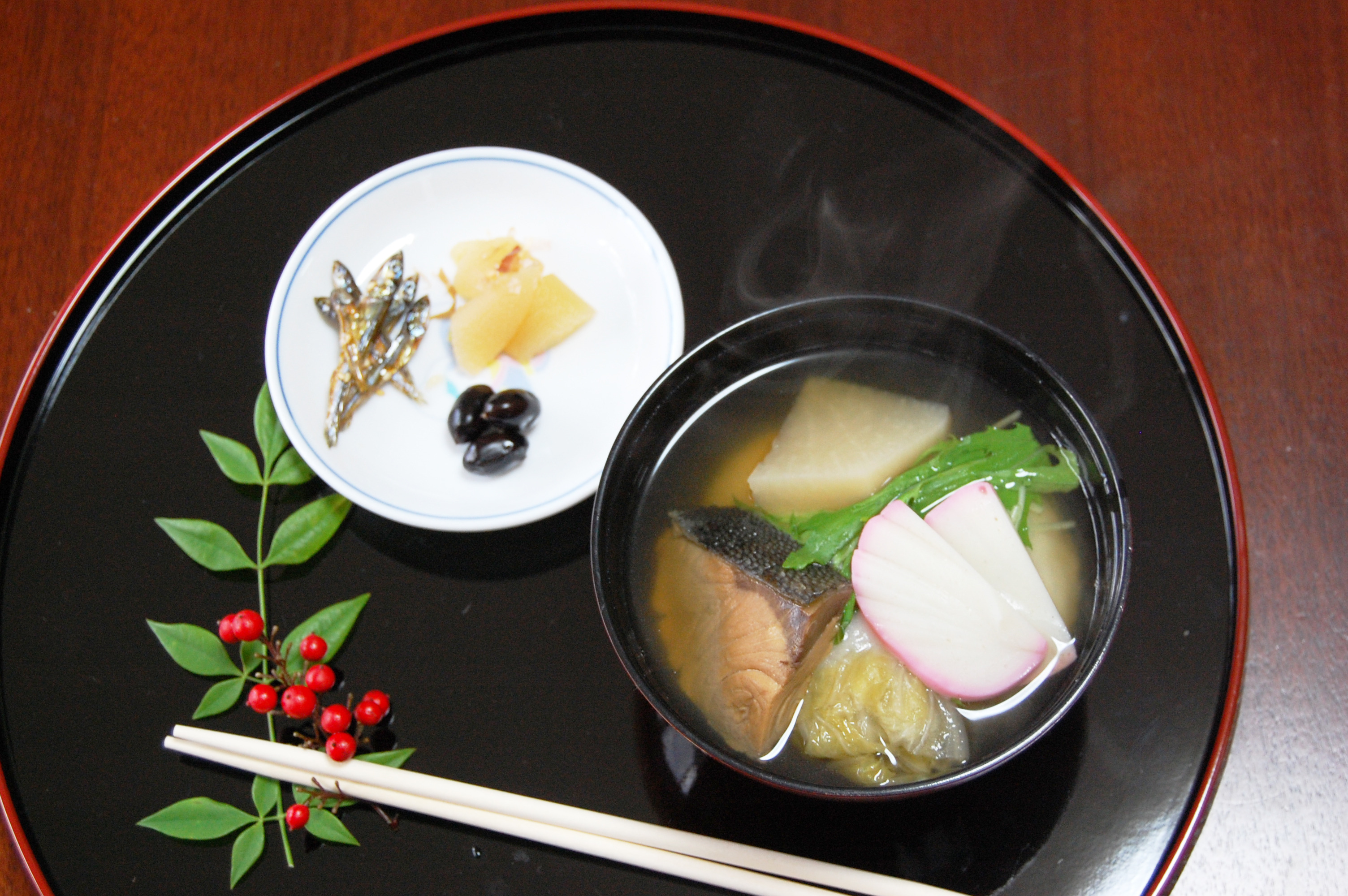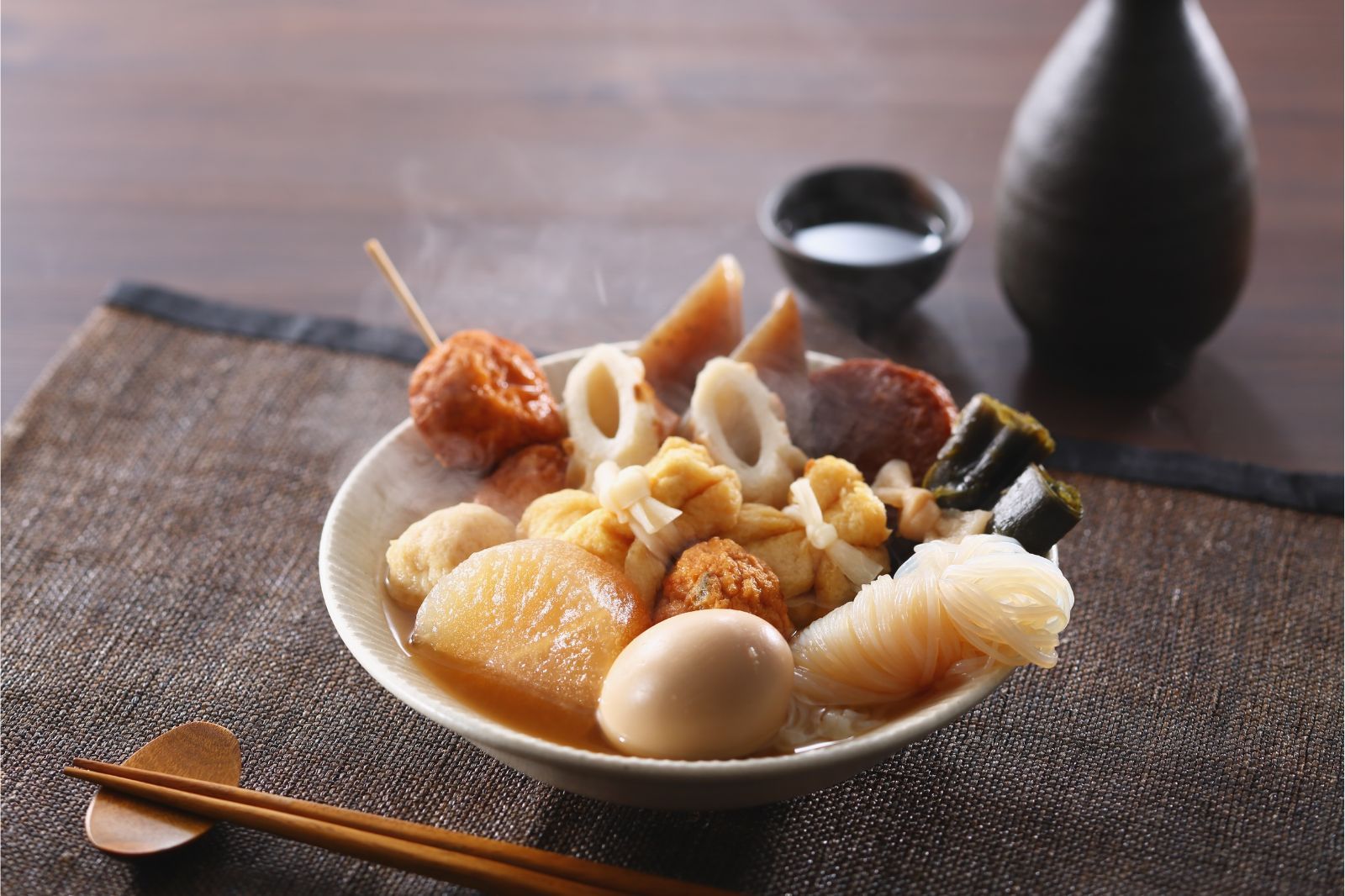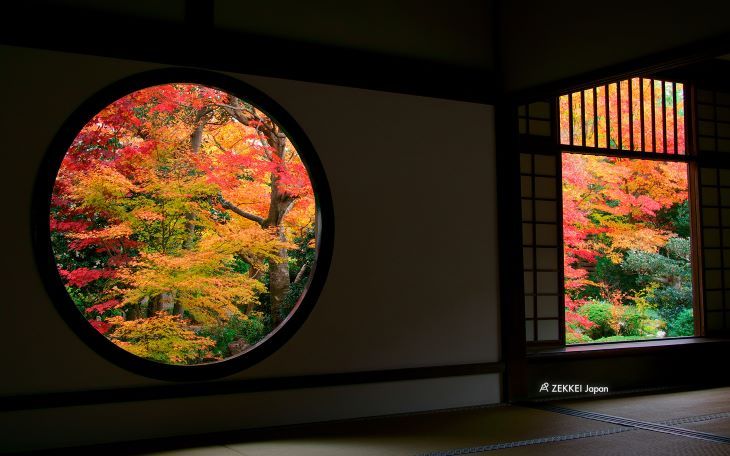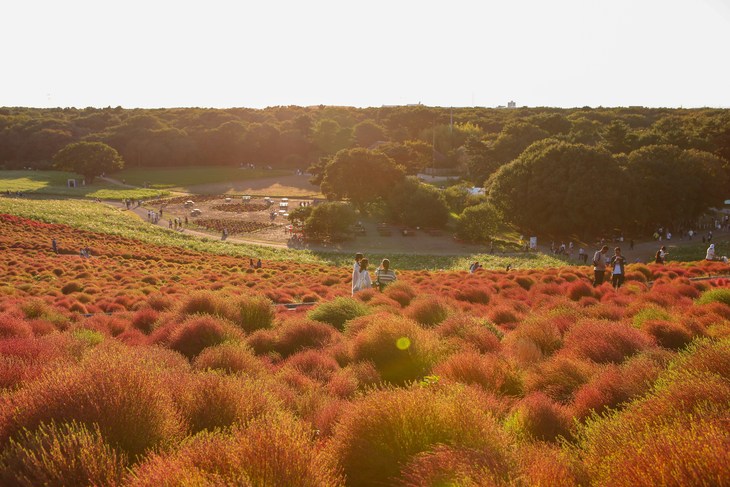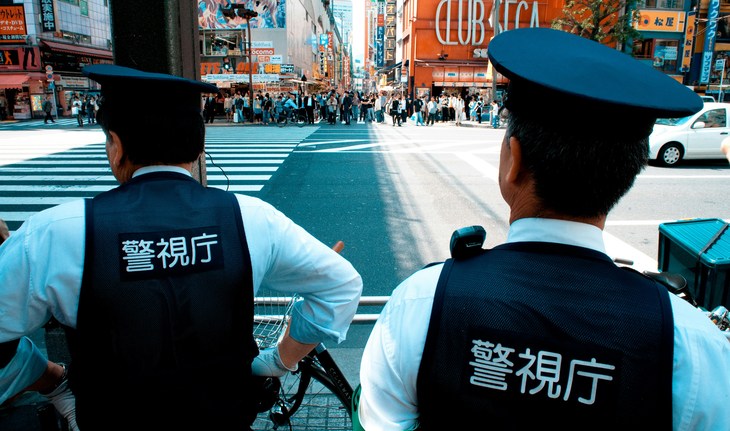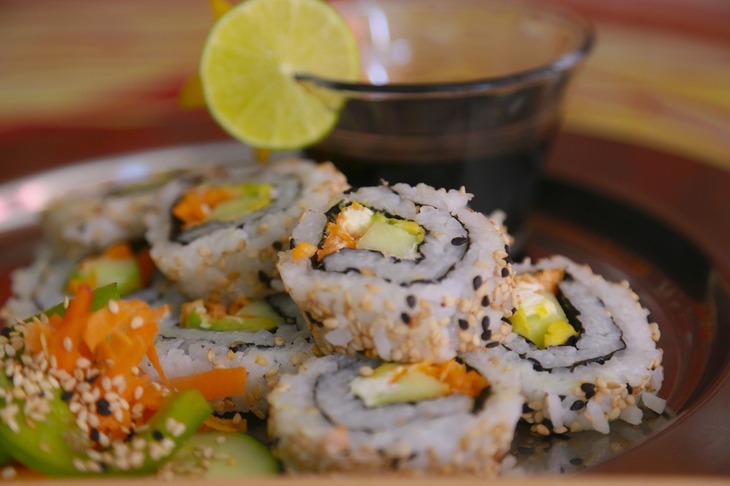All About Valentine's Day and White Day in Japan
How is Valentine's Day celebrated in your home country? Do men buy roses and chocolates for their partners? Do couples go out on dates and share romantic dinners? Do children give Valentine's Day cards to all of their classmates? Is it a day when you can truly feel the love in the air?
If all of this sounds normal to you, then you'll quickly realize that Valentine's Day in Japan is quite different from Valentine's Day in your home country, especially if you come from the Americas or Europe.
If you're a man working in an office in Japan on Valentine's Day, you might be surprised when suddenly every female coworker in the office hands you a small box of chocolates. You'll probably be even more surprised when you're told that one month later you're expected to give chocolates back to every woman who gave you chocolate on a holiday called White Day.
And if you're a woman, the opposite might be true for you: you'll find yourself expected to give all the men in the office chocolates on Valentine's Day, then receive chocolate from the men on White Day.
So how exactly is Valentine's Day celebrated in Japan, and what is White Day? We'll tell you everything you need to know about these holidays and recommend some Valentine's Day events so that you know what you should do if you're in Japan for Valentine's Day or White Day.
How is Valentine's Day Celebrated in Japan?
Valentine's Day was introduced in Japan by Japanese confectionary companies in the 1950s as a means to increase chocolate sales post-World War II. It makes sense then that Valentine's Day in Japan is all about giving chocolate. However, normally men do not give women any gifts on Valentine's Day (chocolate included), and traditions seen in other countries such as Valentine's Day cards, flowers, or romantic dinners are uncommon, though going on dates and buying flowers on Valentine's Day is slowly starting to gain a bit of popularity. Instead, Valentine's Day in Japan is a day when women give chocolate to men.
Women in Japan often give "honmei-choco" (true-feeling chocolate) to their loved ones, but this is not the only kind of chocolate given on Valentine's Day in Japan. Women, especially office workers, often feel an obligation to give chocolate known as "giri-choco" (obligation chocolate) to every male coworker in the office. While "honmei-choco" is usually high-quality or homemade chocolate, "giri-choco" is usually cheap and bought en masse from stores.
Girls or male friends may also receive "tomo-choco" (friend chocolate) from girls on Valentine's Day. This is especially common amongst classmates at schools and "tomo-choco" is usually a step up in quality from "giri-choco." These days, people may even compete with their friends at school to see who can get the most "tomo-choco."
If you're a man and in Japan on Valentine's Day, you might think that it will be great to receive tons of chocolate from female loved ones and female coworkers or classmates but don't celebrate yet. In one month, you'll be expected to reciprocate all of the chocolate you received, which brings us to White Day.
What is White Day?
White Day originated in Japan in the 1970s and has since spread to some nearby Asian countries such as South Korea. It takes place on March 14, exactly one month after Valentine's Day. It was invented and promoted as a response to Valentine's Day by the Japan's confectionary industry, essentially as a means to try to make even more money.
White Day serves as a chance for men to show thanks to all the women who gave them chocolate on Valentine's Day by giving them a gift in return. While on Valentine's Day women usually only give men chocolate, a wider range of gifts can be given on White Day. Chocolate, often white chocolate, is still the most popular gift, but marshmallows, candy, cookies, or even accessories such as jewelry, bags, and lingerie can be given depending on the relationship with each woman.
One important thing to keep in mind if you are reciprocating gifts given to you on Valentine's Day is the "sanbai gaeshi" (triple the return) rule. In short, it is generally said that the gifts you give should be three times the value of what you were originally given. It is often seen as a bit of a joke in Japan these days, since not following this rule could be a high-stake mistake. So just keep it in mind if you are White Day shopping for someone important.
Now, when it comes to women who gave you "giri-choco," giving similar chocolate in return is often acceptable, and even generally speaking not everyone follows the "sanbai gaeshi" rule. If you are a man and your girlfriend or wife is Japanese, however, you may want to consider making sure that the gift you give them in return is more valuable than what they gave you.
How Things are Changing
In recent years, with social norms and trends changing in Japan, Valentine's Day and White Day are starting to be celebrated more flexibly. For example, giving "giri-choco" is on the decline, with some workplaces discouraging or outright banning it to reduce financial and emotional burdens.
Gender-neutral practices are also becoming more accepted, like women receiving chocolates on Valentine's Day or couples exchanging gifts with one another.
Plus, more people are focusing on personal expression and creativity on these holidays, with some people choosing to make handmade gifts, gifting an experience rather than chocolate, experience, or choosing a gift that is more personal.
It is becoming more common for young people to share their Valentine's Day gifts or experiences on social media, which is helping this push towards being more creative or unique when it comes to Valentine's Day.
Taking Part in Valentine's Day & White Day in Japan
If you decide to take part in Valentine's Day, be it the Japanese way or in a more Western way, you should know that there are multiple ways you can. Here are some recommendations.
・Join the Chocolate-Giving
Participate in the tradition by giving tomo-choco to friends, coworkers, or even neighbors. It's a small but meaningful way to connect with Japanese culture and show your appreciation.
・Try Limited-Edition Offerings
Leading up to Valentine's and White Day, stores launch special campaigns featuring beautifully crafted chocolates, unique packaging, and exclusive seasonal flavors. Some high-end chocolatiers release limited-edition creations for these holidays featuring elaborate designs and unique flavors like matcha, sake, or yuzu.
・Try a chocolate-making workshop:
Many confectionery shops hold workshops where you can learn to make your own chocolate. It could be a fun event to attend, be it as a couple or with family or friends.
・Factory Night View Cruise (Yokohama)
If you're looking for a bit more of a traditional date night idea, why not take your partner on a cruise that will take you past impressive futuristic scenery in Yokohama and Kawasaki? Seeing factories illuminated at night from the water is a unique, impressive experience, and the cruise also gives you a great view of the skyscrapers of Yokohama's Minato Mirai district and the famous Yokohama Bay Bridge.
Plus, the area where the cruise takes off from is full of popular date spots such as the Red Brick Warehouse and the Minato Mirai district, so you can enjoy a cruise and then enjoy the sights and atmosphere of Yokohama's downtown.
Do You Have to Take Part in Valentine's Day in Japan?
Honestly, it depends. If you are a woman, you could choose to give chocolate to your partner or important men in your life, and if you're a man you could choose to ignore Japanese traditions and celebrate Valentine's Day with your partner as you would in your home country. You could always participate in some of the ways we mentioned earlier with your significant other. But if you have Japanese friends or your partner is Japanese, you may still find yourself giving or receiving chocolate on Valentine's Day or White Day.
As far as "giri-choco" is concerned, this also depends on where you work.
And of course, nothing is stopping you from taking advantage of all the delicious chocolate being sold this time of year and buying a couple of boxes to keep for yourself.
Valentine's Day and White Day in Japan are certainly unique compared to many other countries in the world, so hopefully you'll be able to enjoy these holidays if you find yourself in Japan in February and March.



















